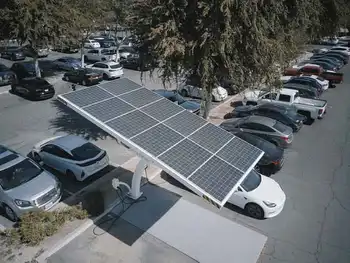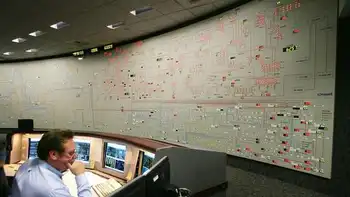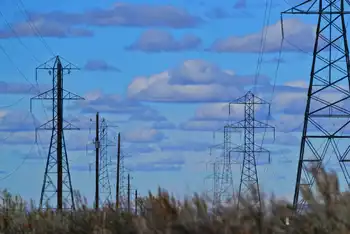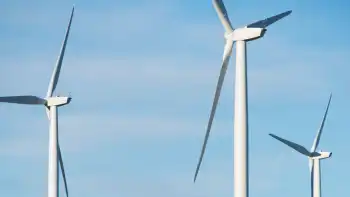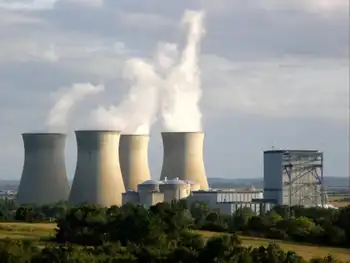Kansas lawmakers plan to deal with coal plants again
By Associated Press
NFPA 70b Training - Electrical Maintenance
Our customized live online or in‑person group training can be delivered to your staff at your location.

- Live Online
- 12 hours Instructor-led
- Group Training Available
During the 2008 session, Gov. Kathleen Sebelius vetoed three bills that would have allowed Sunflower Electric Power Corp. to build the plants at Holcomb. Sunflower's plans were blocked by Rod Bremby, secretary of health and environment, who refused to issue the required air quality permit because of concerns over potential carbon-dioxide emissions and global warming.
Senate Utilities Committee Chairman Jay Emler said he's helping draft an energy bill and still isn't sure what it will include.
"I believe there will be something, but until the committee is appointed, I don't know what the legislation will look like," said the Lindsborg Republican. "Legislators have talked about which way to go, comprehensive or coal only, and that's still up in the air."
The fight between the Republican-controlled Legislature and the Democratic governor was the marquee issue of the last session, although it won't be when the Legislature convenes January 12.
That's because lawmakers will be dealing with a budget crisis. The state faces a budget deficit of $141 million in the fiscal year that ends June 30. That figure is projected to be $1 billion by the end of fiscal year 2010, assuming current spending plus mandatory increases for such things as state pensions, public schools, and Medicaid.
"The budget will be the big issue, not coal-fired pants. The real issue this session will have to be the budget and that will take up a lot of time," Emler said.
Senate President Steve Morris says the coal plants should be part of a comprehensive energy bill.
"The word comprehensive is the key word," the Hugoton Republican said.
However, House Majority Leader Ray Merrick said a bill dealing only with the coal plants is the better way.
"If we put too much stuff together, we'll have the same result. Let's do something that stands by itself and see what happens," said the Stilwell Republican.
The incoming House minority leader, Democrat Paul Davis, opposed last session's bill but said, "I'm perfectly willing to talk about it."
All three bills allowed Sunflower to reapply for its air-quality permit under rules designed to force Bremby to approve it.
Like many legislators, especially those from western Kansas, Morris sees the issue as much about economic development as generating power.
"There's almost $4 billion worth of economic development, and in this kind of (economic) climate that's truly significant," he said.
Davis, of Lawrence, said legislators need to consider the economy as well as the kind of energy policy Congress may enact next year.
"Both could influence how strong it will come back," he said.
Sunflower spokeswoman Cindy Hertel said the utility still wants to build the plants and remains confident that it will be able to get loans to pay for the project.
Sunflower wants to sell about 86 percent of the new power to two out-of-state electric cooperatives that are helping finance the project. They are Tri-State Generation and Transmission Association Inc. of Westminster, Colo., and Golden Spread Electric Cooperative, in Amarillo, Texas.
The new generating capacity, totaling 1,400 megawatts, would be enough to meet the peak demands of 700,000 households, according to one state estimate. Sunflower and a sister utility, Midwest Energy Inc., serve about 400,000 customers in 55 Kansas counties.





